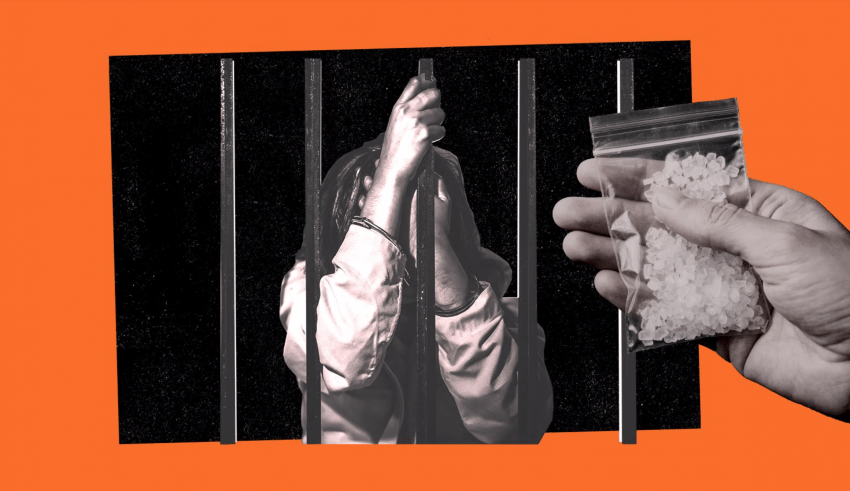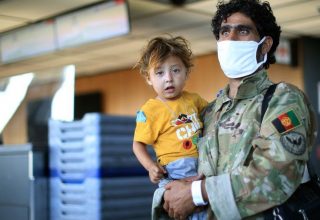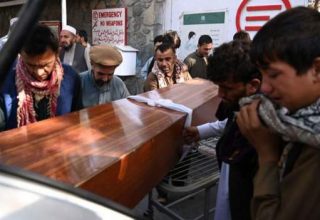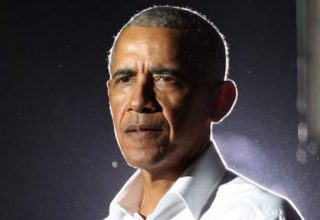
It was dark when the plane touched down in Hong Kong from Phnom Penh. Noor Yuni swiftly cleared immigration and collected her luggage. But as she approached the “nothing to declare” lane, a customs officer pulled her aside, she says.
The 21-year-old Indonesian’s bag was put into the security scanner and she remembers agreeing to be searched.
By the time officers had slashed open the lining of her backpack and dislodged the white crystals concealed inside, Yuni said she knew she’d been tricked.
Yuni is not her real name. CNN is using an alias because the former accused drug trafficker, now aged 23, wants to move on with her life.
Back in 2018, hours before her flight, her new boss had given her a padlocked bag in the Cambodian capital of Phnom Penh. She says the middle-aged Nigerian man, who she knew only as Peter, claimed it was “just clothes” and promised to pay her $1,000 if she took it to Hong Kong.
But she never saw Peter again. The crystals turned out to be 2kg of methamphetamine, worth $140,000 when the haul was seized.
At that moment, Yuni became one of tens of thousands of women caught up in Asia’s punitive drug wars. She was arrested in Hong Kong on suspicion of drug trafficking, a crime carrying up to life imprisonment in the city, and execution in other parts of the region.
An overlooked consequence of Asia’s drug wars is the outsized impact they have had on women.
Today, jails in East and Southeast Asia hold the world’s biggest proportions of female prisoners. In many nations, the majority are incarcerated for drug offenses: 82% of women in Thai prisons are jailed for this and in the Philippines that figure is 53%.

Criminologists widely agree this surge is not due to an increase in women’s criminal activity, but tougher sentencing for low-level drug crimes.
Women tend to be involved at the bottom rungs of the trade, where most arrests take place.
There is no data showing exactly how many women work as so-called drug mules. But the UN’s High Commissioner for Human Rights has raised concern about the “over-incarceration” of women couriers and growing research is unraveling critical connections between gender, crime and justice.
Yuni was elated when a friend told her about a lucrative “traveling job.” I wanted “to learn about the world,” she says in a WhatsApp video call from the Indonesian city of Medan.
The high school graduate had dreamed of going to university to study economics but drifted into waitressing jobs to support her family. Her mother was ill and her father’s ad hoc building work didn’t cover their bills.
Yuni says the recruiter, an older Indonesian woman, flew her to a nearby island for an interview. There, she was told that her job would start in Cambodia and that her local boss would be a man named Peter.
“I wasn’t suspicious,” says Yuni. “Maybe I wasn’t brave enough to ask questions.”
She admits it was foolish not to look inside the bag Peter gave her in Phnom Penh to fly to Hong Kong. But she says the absence of her fingerprints inside helped support her claim at trial that she didn’t know what she was carrying.
The drugs in her bag likely came from the Golden Triangle, the name given to rugged borderlands traversing Myanmar, Thailand and Laos — one of the world’s busiest trafficking hubs.
In recent years, its opium poppy fields have been giving way to jungle laboratories, as the demand for synthetic drugs outstrips the demand for heroin. Today, Southeast Asia is the epicenter of the global methamphetamine trade, which is worth up to $61 billion a year in Asia Pacific alone.
When not paralyzed by the coronavirus pandemic, Hong Kong is a major air transit hub with good security controls. The city metes out harsh punishments for smuggling drugs, according to a March report by the law firm Linklaters for Penal Reform International.
Prison terms of 14 to 20 years were common for female drug traffickers prosecuted in the city, some of the harshest sentences in 18 jurisdictions studied in the report.
“There appears to be no recognition of the reasons why women become involved” in drugs, the report said, with “lower-level involvement” rarely considered a mitigating factor.
Yuni had no idea about the austere legal landscape she’d entered. She says missed calls from Peter were stacking up on her cellphone as she told customs officials her story.
When no one arrived for the bag at the hotel where he had told her to go, police took Yuni to Tai Lam Center for Women, a maximum-security jail in Hong Kong’s New Territories.
For the past seven years, Father John Wotherspoon has taken extraordinary steps to help convicted drug mules in Hong Kong. From his tiny apartment in Kowloon, the 73-year-old priest tries to connect the dots between the couriers trapped in the city’s jails and the syndicates that landed them there.
“It’s still the little fish who are arrested,” he says in a telephone interview.
Years of working as a prison chaplain brought him into contact with men and women couriers and convinced him more could be done to stop traffickers preying on “people who are vulnerable, who need money, who can be tricked,” he says.




















